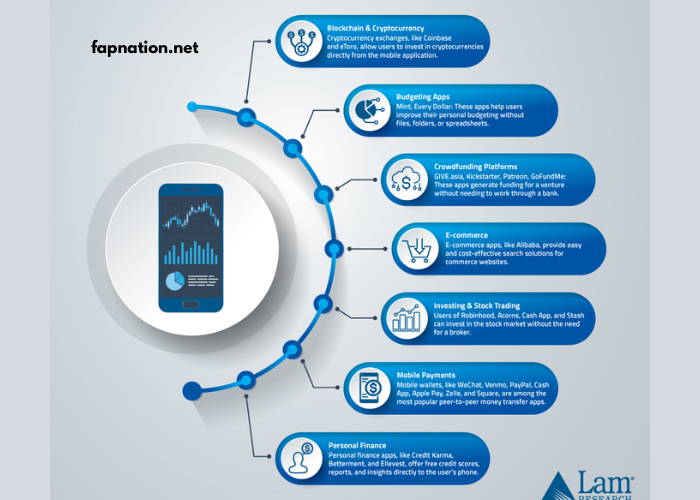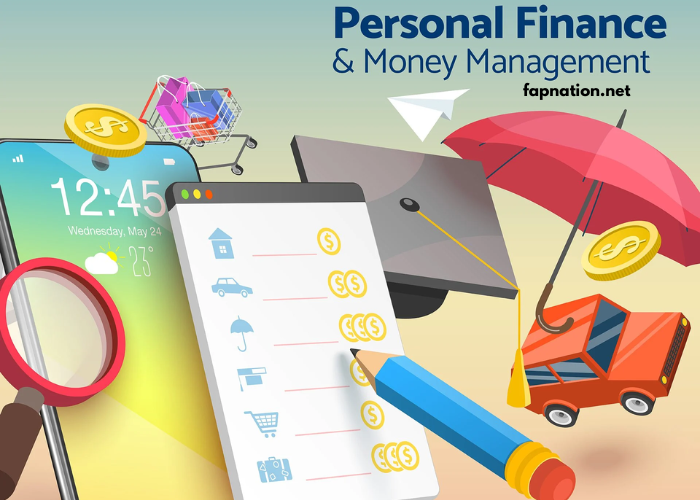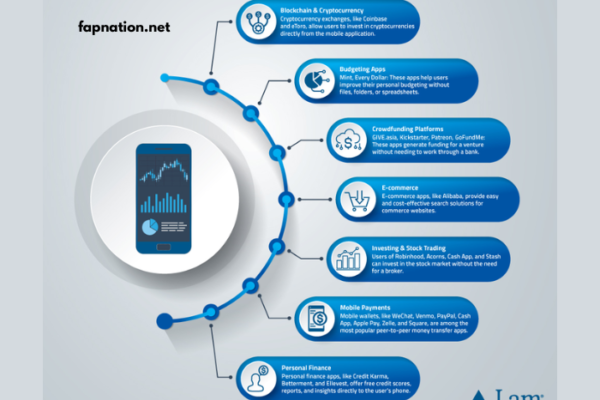In the world of gaming, there are countless platforms where you can find exciting new games to download and enjoy. FAPNation stands out as one of the best platforms for gamers who love to discover new content, download games, and access exclusive features. Whether you’re a fan of action, adventure, or simulation games, FAPNation provides a vast library of options to explore. The platform not only focuses on offering fresh downloads but also ensures that players can enjoy new features, updates, and exclusive content that make each gaming experience unique.
Gaming has evolved in recent years, and the demand for fresh and engaging content has grown. With FAPNation, players can stay ahead of the curve by getting the latest updates and discovering trending games. The platform caters to a wide audience, providing both mainstream and niche titles that satisfy various gaming preferences. From exclusive features to exciting gameplay, FAPNation brings gamers everything they need in one place.
Key Points After Introduction:
- FAPNation offers the latest game downloads and regular updates.
- The platform provides exclusive features that enhance the gaming experience.
- It is a hub for gamers looking to discover trending games and unique content.
Why Should You Download Games from FAPNation?
FAPNation offers a one-stop shop for all your gaming needs. But what makes it stand out from other platforms? There are a few key reasons why you should consider downloading games from FAPNation. One of the most significant advantages is the range of games available. Whether you’re interested in action-packed titles, puzzle games, or creative simulations, the platform has something for everyone. Additionally, FAPNation continuously updates its game library, ensuring that players always have access to the latest releases.
Another reason to download games from FAPNation is the exclusive content it offers. The platform works directly with developers to provide users with features and bonuses that cannot be found elsewhere. These exclusive perks could include special in-game items, early access to new features, and even access to closed beta versions of upcoming games. All of these elements work together to make FAPNation an excellent choice for any gamer looking to enjoy the best gaming experiences.
Note: By downloading games from FAPNation, you get access to exclusive content and updates that you won’t find on other platforms.
What Exclusive Features Are Available on FAPNation?
One of the biggest draws of FAPNation is the platform’s focus on exclusive features. These features are designed to enhance the gaming experience and give players something extra to enjoy. For example, many of the games on FAPNation come with special in-game rewards, such as unique costumes, skins, and other customizations. These features are often unlocked through milestones or achievements within the game, encouraging players to explore and interact with the game world in new ways.
Additionally, FAPNation offers early access to new games and updates, allowing players to experience content before it is officially released to the public. This early access gives users a competitive edge and allows them to provide feedback on the game, which can influence future updates. Whether it’s a brand-new game or an updated version of an existing title, exclusive features make FAPNation a must-visit for gamers who want to be at the forefront of gaming innovation.
Examples of Exclusive Features on FAPNation
| Feature | Description |
|---|---|
| Early Access | Players can try new games before they are released to the public. |
| Exclusive In-Game Content | Special skins, costumes, or items only available through FAPNation. |
| Closed Beta Access | Join private testing phases for upcoming games. |
| Regular Updates | Get frequent updates to improve gameplay and introduce new features. |
How Does FAPNation Keep Games Updated?
A common frustration for gamers is the lack of updates in their favorite games. Many platforms may offer games but fail to keep them updated with fresh content and improvements. FAPNation, however, goes above and beyond to keep its games up to date. Regular updates are released to ensure that each game remains fresh and exciting for players.
These updates typically include new levels, characters, and gameplay improvements, which help keep the experience engaging. In some cases, updates may introduce new storylines or even alter the entire gameplay mechanics to provide a new experience. Whether you’re playing a single-player game or an online multiplayer title, the updates on FAPNation ensure that you’re always getting the most current and exciting version of your favorite games.
Common Types of Updates on FAPNation
| Update Type | Description |
|---|---|
| New Content | Additional levels, characters, or missions are added to the game. |
| Bug Fixes | Updates that address glitches or issues affecting gameplay. |
| Gameplay Changes | Adjustments to mechanics or difficulty levels for better balance. |
| Seasonal Events | Special events tied to holidays or in-game anniversaries. |
What Types of Games Can You Expect from FAPNation?
FAPNation offers a broad selection of games to suit different interests and playstyles. From fast-paced action games to thought-provoking strategy titles, the platform has something for everyone. Whether you enjoy solo gaming or prefer online multiplayer experiences, FAPNation provides a wide range of genres to explore.
The games on FAPNation include genres like RPGs, action, adventure, puzzle games, and even adult-themed games. This diversity ensures that players can always find something new to try, whether they want to dive into an immersive world of fantasy or relax with a casual game. Additionally, FAPNation frequently adds new games to its library, ensuring that players always have something fresh to look forward to.
Reminder: Explore various genres on FAPNation, from RPGs to strategy games, and discover your next favorite game!
Conclusion
In conclusion, FAPNation stands out as an exceptional platform for gamers who want to download new games and enjoy exclusive features. With its vast library of games, regular updates, and unique content, it’s the perfect place for both casual and dedicated gamers to find their next adventure. Whether you’re looking for early access to upcoming titles or want to experience exclusive in-game features, FAPNation has it all. With its commitment to providing fresh content and engaging gameplay, FAPNation continues to be a go-to platform for gamers everywhere.
FAQ’s
- What types of games can I download from FAPNation?
FAPNation offers a variety of games, including action, adventure, RPGs, strategy games, and even adult-themed titles. - Are there exclusive features available on FAPNation?
Yes, FAPNation provides exclusive in-game content, early access to new games, and closed beta access for upcoming titles. - How often are games updated on FAPNation?
Games on FAPNation are regularly updated with new content, bug fixes, gameplay changes, and seasonal events to keep the gaming experience fresh. - Can I access early versions of games on FAPNation?
Yes, FAPNation offers early access to new games, allowing users to try out games before they are officially released to the public. - Is FAPNation free to use?
FAPNation offers free access to many games and features, but certain exclusive content may require additional purchases or memberships.














